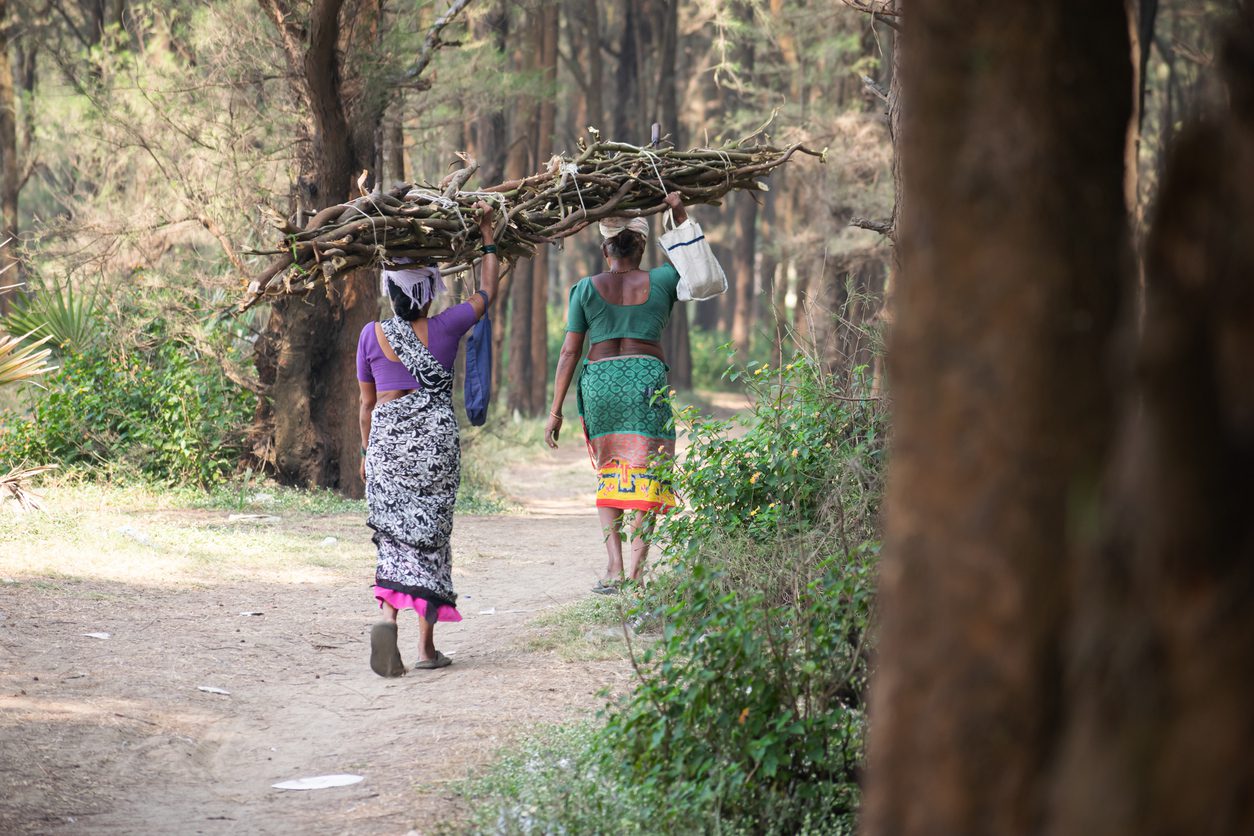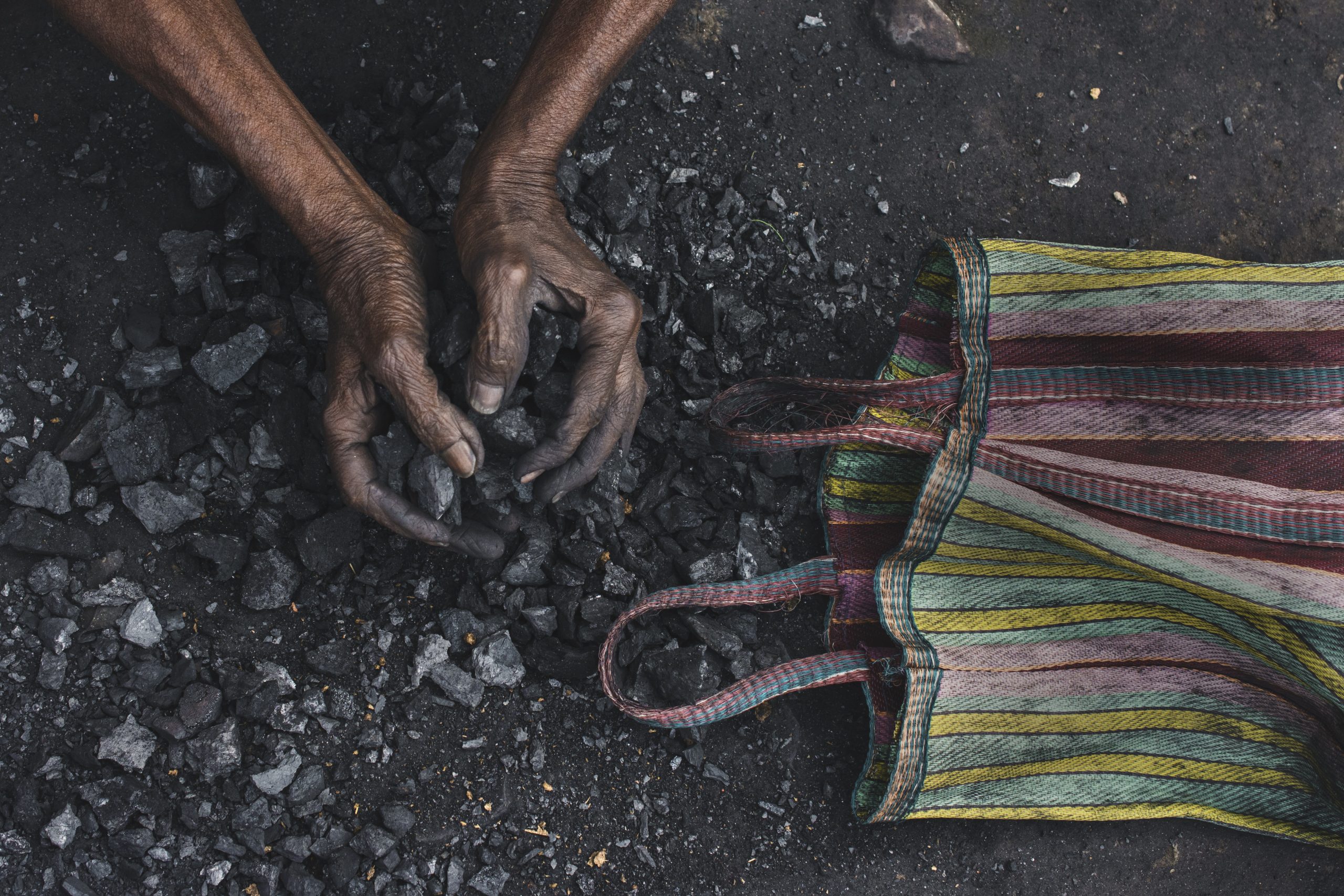iFOREST’s Building Resilience programme strengthens cities and forests to cope with climate risks through practical, people-centred solutions.
In urban areas, we help cities manage extreme heat via Integrated Heat and Cooling Action Plans (IHCAPs), which combine heat action, urban cooling, building efficiency, and greening. India’s first IHCAP, developed in Bhubaneswar, mapped economic losses, prioritised interventions, and charted a roadmap for a resilient city. The programme also advances sustainable cooling, including natural refrigerants, centralised and non-vapour compression systems, and Lifecycle Refrigerant Management, while supporting governments to embed these solutions in planning.
In forests, we conserve ecosystems, reduce fire risks, and promote trees-outside-forest to enhance biodiversity and carbon sequestration. Community-based management, Payments for Ecosystem Services, and GIS-based risk mapping encourage sustainable practices and alternative livelihoods, lowering emissions and fostering climate-positive forest dependence.
By linking local action with practical solutions, the programme strengthens the resilience of people and ecosystems alike.



